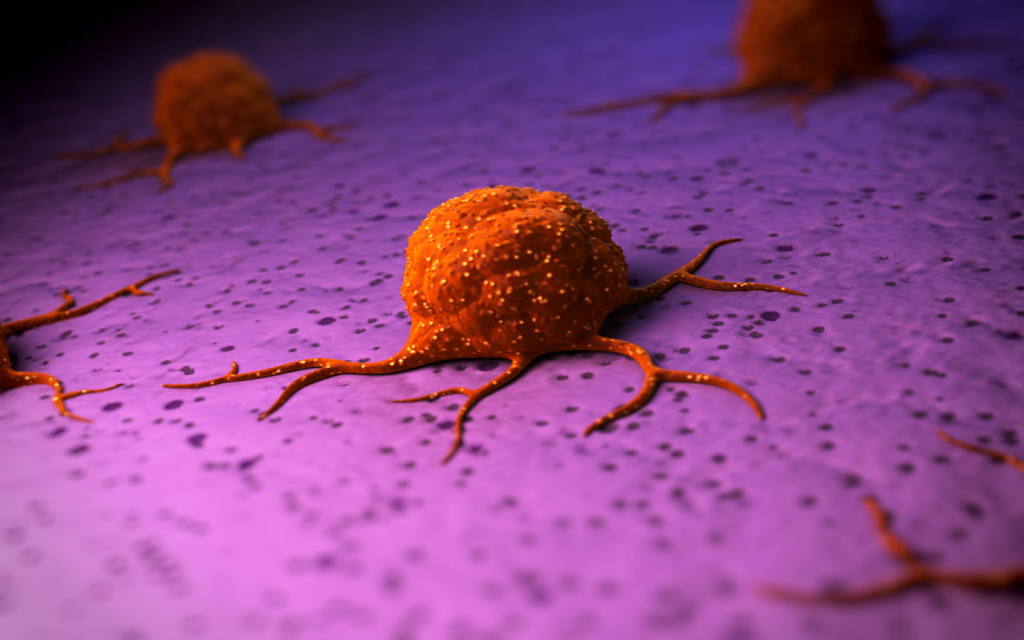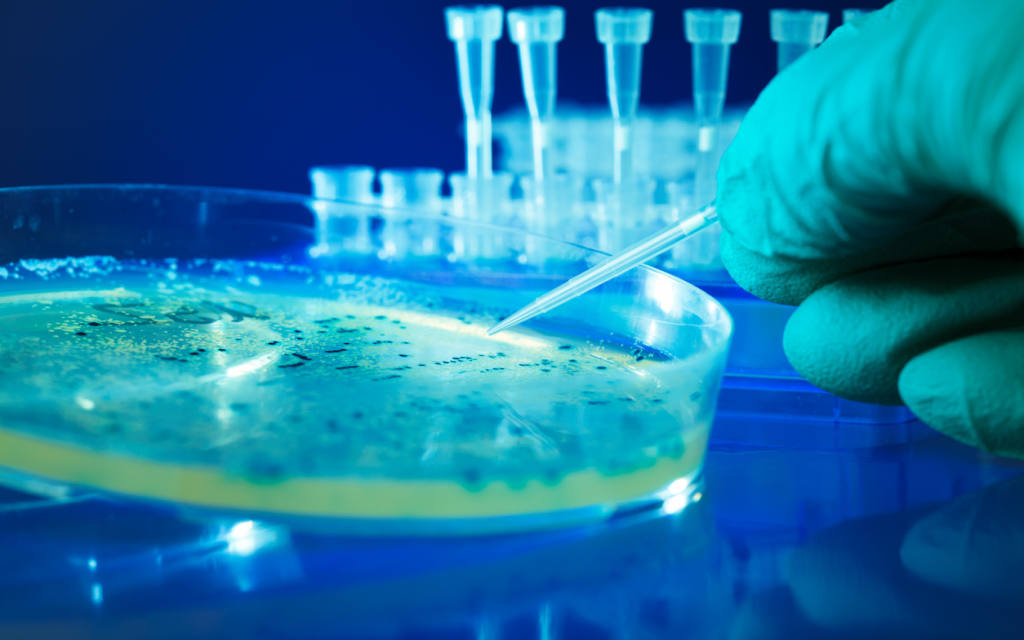- Neurobiology

New Approach of Using Gene therapy for Healing Brain Injury
In a new study done by UT Southwestern's O'Donnell Brain Institute, the scientist finds a genetic trigger that may improve the brain's ability to heal from a range of debilitating conditions.
Read More » - Genetics

Researchers Developed A New Mutation Prevention System
DNA is a long thread-like chain of nucleotides carrying the genetic instructions in the unique genetic code and mere change or even point mutations can lead to life-threatening diseases. These point mutations can transform single cell in the human body into a cancerous tumor or they can turn antibiotic-sensitive into antibiotic-resistant bacteria that cause untreatable infections. In an ideal world,…
Read More » - Genetics

How Genetic Mutation Can Help In Preventing Malaria
A new study done by scientists at the Scripps Research Institute suggests that a genetic mutation which protects people from malaria and was assumed to be rare is unexpectedly common. This new study also led to the finding that humans who live in close quarters with malaria-carrying mosquitos may evolve defenses against the disease. It has been demonstrated during the study that…
Read More » - Cell Biology

How Genetic Mutation Restricts Mitochondria
Mitochondria are double-membrane-bound organelle that is considered as a powerhouse of the cell as it generates energy in the form of ATP by using nutrients from food and oxygen. Without mitochondria, higher animals would likely not exist because their cells would only be able to obtain energy from anaerobic respiration (in the absence of oxygen), a process much less efficient than aerobic respiration. Mitochondria help in producing many metabolic products…
Read More » - Immunology

Bacteria May Stimulate Pancreatic Cancer by Inhibiting Immune System
In a new study, scientists discovered that bacteria suppress the immune system which in turn promotes pancreatic cancer. The research proposes that targeting the microbiome may make immunotherapy effective against pancreatic cancer. In many types of cancer like liver and colorectal cancer, gut microbiome is studied and it has been observed that it affects the development of cancer. The gut…
Read More » - Cancer Biology

New Gene Identified Involved in Hereditary Breast Cancer
Breast cancer is one of the most common cancers worldwide. It is the most widespread cancer among American women. A new research led by the Autonomous University of Barcelona discovered a new gene involved in the familial breast cancer.
Read More » - Immunology

Helpful B cells Assisting Neurons in Their Development
A new study led by researchers at Osaka University has added an surprising information about neuron development presenting that immune cells may play a key role in helping myelin to form around the newly minted neuron. This study was published in Nature Neuroscience. Neurons are basic unit of the nervous system which are the specialized cells that communicate using electrical signals. Every…
Read More » - Genetics

A New Finding of Genes Causing Brain Deterioration With Aging
A new study done by the team of researchers at Babraham Institute, Cambridge and Sapienza University, Rome identified the group of 250 genes and genetic switches which are involved in brain deterioration with aging.
Read More » - Microbiology

Drug-producing Bacteria Engineered using Synthetic Biology
In a new study conducted at University of Warwick and Surrey, researchers have programmed a bacteria to produce drugs efficiently via synthetic biology using engineering principles. Bacteria have been used in bioengineering for different reasons and once again bacteria are ready to be used in synthetic biology for producing drugs, which is possible because of a breakthrough research conducted at…
Read More » - Cancer Biology

Protein Symbolizing Difference Between Cancer And Non-cancer Cells
A new research led by UNIVERSITY OF ALBERTA FACULTY OF MEDICINE & DENTISTRY sheds light on how cancerous cells differ from healthy ones these new findings may possibly lead to the new advancement in strategies for therapeutic mediation for difficult-to-treat cancers in the future. A team of researchers identified a modified protein acting as a “stop sign”. Researchers named this “stop sign” as a PIP-stop–inside cells…
Read More »
Jannah Theme License is not validated, Go to the theme options page to validate the license, You need a single license for each domain name.









